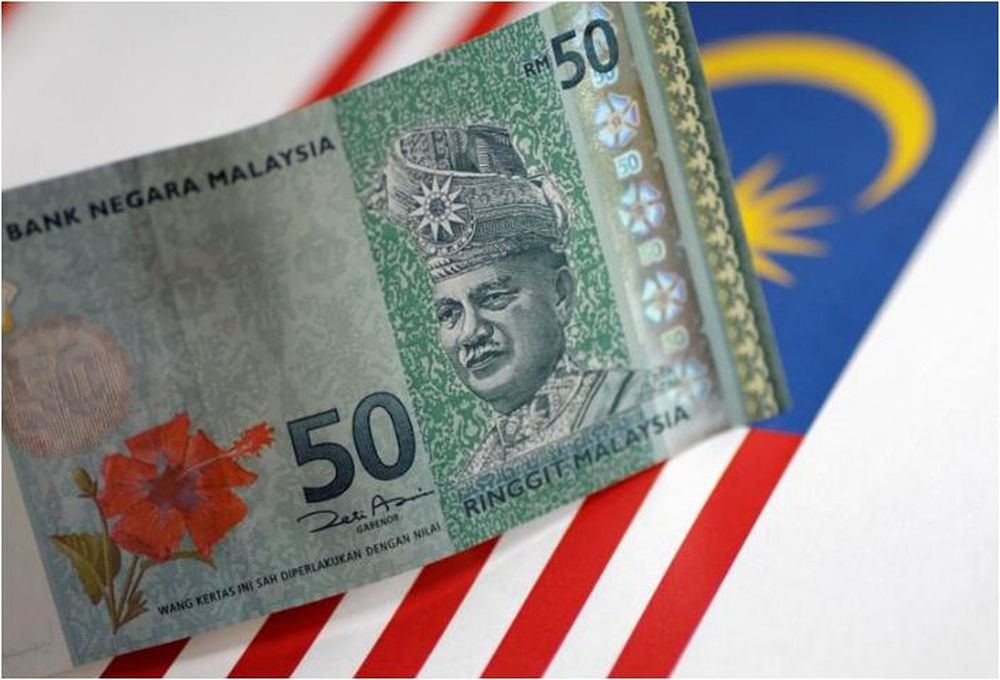KUALA LUMPUR, Dec 22 — Foreign fund outflow from the local equities market dwindled to RM57.7 million in the Dec 16-19 period compared with a net outflow of RM295.3 million in Dec 9-12, supported by positive developments in the trade war between the United States and China.
Bank Islam Malaysia Bhd chief economist Dr Mohd Afzanizam Abdul Rashid said trade discussions between the two economic giants appeared to be proceeding well as the United States had partially rolled back the tariffs and China, in return, promised to buy more US agricultural products.
“There seems to be some respite in terms of global risks for now, which has resulted in the risk-on mode to prevail.
“(Progress in) Brexit has also resulted in better participation by foreign investors. This was reflected in the FTSE Bursa Malaysia (FBM) KLCI, which went up as high as 1,599.11 points on Dec 18,” he told Bernama.
On Friday, British Prime Minister Boris Johnson clinched approval for his Brexit deal in Parliament, which further confirmed the Jan 31 Brexit date, leading investors to buy into markets that have been dogged by uncertainty for over three years.
Going forward, Mohd Afzanizam said, foreign funds were likely to continue flowing into Malaysia as the government had shown its commitment to implement major infrastructure projects next year, which would benefit construction-related stocks.
On Dec 17, Minister of Finance Inc’s wholly-owned subsidiary TRX City Sdn Bhd and IWH CREC Sdn Bhd — the consortium comprising Iskandar Waterfront Holdings and China Railway Engineering Corporation — entered into an agreement to develop Bandar Malaysia, hence reviving the RM140 billion project located at the former Sungai Besi air force airbase.
Prime Minister Tun Dr Mahathir Mohamad, who witnessed the signing ceremony, also said that the suspended Kuala Lumpur-Singapore high-speed rail project would be reinstated, albeit at a lower cost.
“Apart from that, the technology sector is expected to do better based on the recent forecast by the World Semiconductor Trade Statistics that semiconductor sales globally will go up by 5.9 per cent growth in 2020 after a 12.8 per cent decline in 2019.
“Meanwhile, the recent Petronas Activity Outlook 2020-2022 report showed that there would be more projects for the upstream players as the existing contracts are about to expire in the immediate terms. There are pockets of opportunity amidst the global uncertainty. Therefore, investors would be selective in their investment decision,” he said.
Considering all these developments, Bursa Malaysia is anticipated to trade firmer next week, and it would likely re-test the 1,600 level convincingly and push towards the 1,625 level, after closing at 1,610.18 on Friday. — Bernama






















